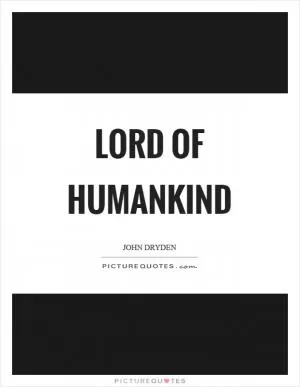Jealousy is the jaundice of the soul

Jealousy is the jaundice of the soul
John Dryden, a prominent English poet, playwright, and critic of the 17th century, was known for his insightful observations on human nature and society. One of his most famous quotes, "Jealousy is the jaundice of the soul," encapsulates his understanding of the destructive nature of jealousy.In the context of Dryden's work, jealousy is portrayed as a sickness that distorts one's perception and poisons the soul. Just as jaundice causes a yellowing of the skin due to liver dysfunction, jealousy taints the mind and heart, leading to bitterness, resentment, and irrational behavior.
Dryden's exploration of jealousy can be seen in many of his plays and poems, where characters are consumed by envy and suspicion, leading to tragic consequences. In his play "All for Love," based on the story of Antony and Cleopatra, jealousy drives the characters to betrayals and ultimately to their downfall. Cleopatra's jealousy of Octavia, Antony's wife, leads her to manipulate and deceive Antony, ultimately leading to his death.
Similarly, in Dryden's poem "Absalom and Achitophel," jealousy plays a central role in the political intrigue and betrayal that unfolds. Achitophel's jealousy of David's favored son, Absalom, leads him to plot against the king, ultimately resulting in Absalom's death and Achitophel's own downfall.
Through his works, Dryden warns against the destructive power of jealousy and its ability to corrupt the soul. Jealousy blinds individuals to reason and reality, leading them to act out of spite and malice. It is a poison that eats away at the core of one's being, turning love into hate and trust into suspicion.












 Friendship Quotes
Friendship Quotes Love Quotes
Love Quotes Life Quotes
Life Quotes Funny Quotes
Funny Quotes Motivational Quotes
Motivational Quotes Inspirational Quotes
Inspirational Quotes